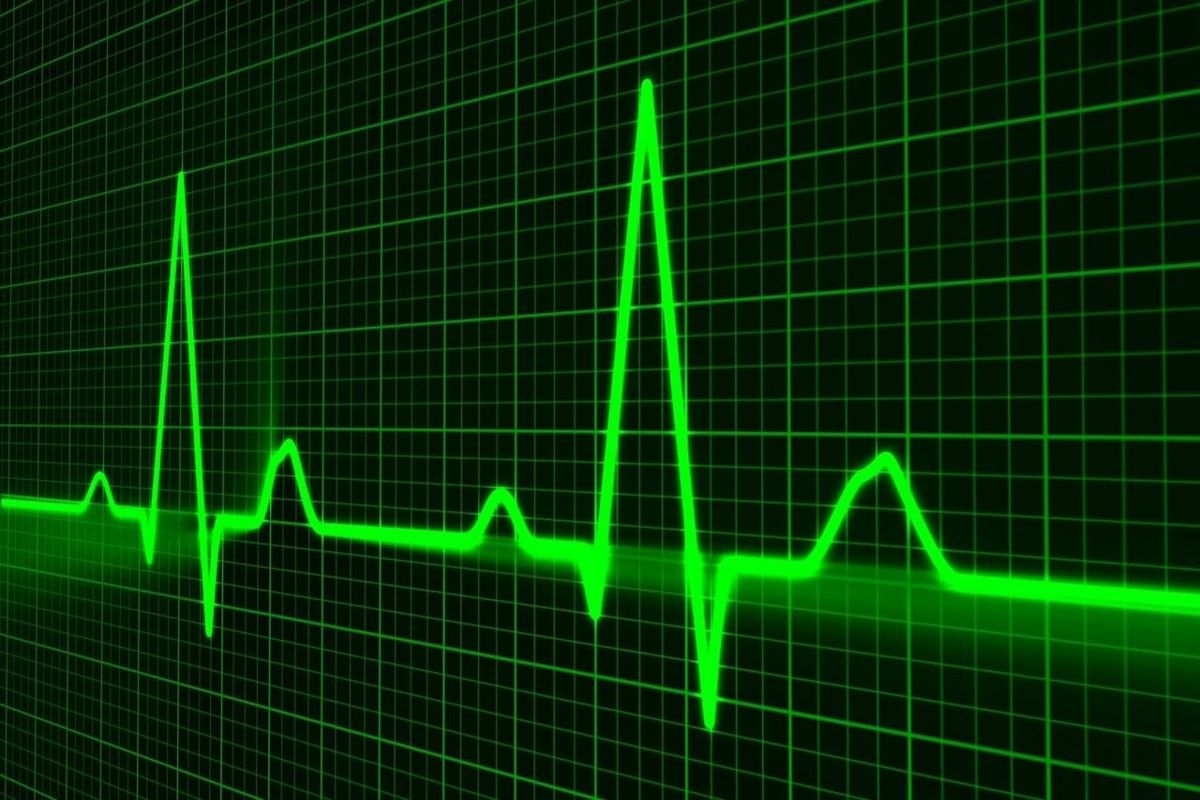The medical sensors global market is growing faster than ever, standing at an estimated 1.8 billion USD (2021), with projections of about 3 billion USD by 2026 at a growth rate of 10.3%.
Most of this growth comes from the quickly increasing adoption of medical sensors in medical devices, portable monitoring tech, and even fitness trackers.
The market of wearable medical devices is also at an all-time high, which directly impacts the demand for sensory tech. Moreover, the booming ventilator demand driven by the COVID-19 pandemic has also been a critical catalyst in boosting the global medical sensors market.
Market Dynamics

One of the essential drivers of the low-cost sensor market’s growth is increasing adoption rates of medical sensors in smart and portable medical devices. These devices are noninvasive and monitor vitals through electronic components.
Most of them can be connected to your phone or an application through WiFi or Bluetooth for effortless remote patient monitoring.
Some examples include blood pressure monitors, blood oxygen monitors, CPAP machines, heartbeat monitors, sleep quality, and duration monitoring. A variety of manufacturers in the industry (like Siemens, Nellcor, BCI, Nonin, Ohmeda, Maxtec) make these sensors, and they’re all available at Sensoronics.
Small form factor health monitoring devices include these sensors as core components due to their low power consumption and highly improved accuracy and reliability.
Investment Opportunities in Advanced Digital Sensory Technologies
For investors, the exponential advancements in digital technologies and sensory tech bring a unique opportunity in the shape of a rapidly growing market. The healthcare world hasn’t seen such remote monitoring and connectivity ever — and all of it comes from sensory and digital tech.
Patient data collection is simple, constant, and remote through wireless connectivity. For instance, a wearable fitness tracker with accurate blood oxygen and heartrate monitoring sensory tech can constantly connect and communicate data to mobile apps and healthcare providers while the patient stays at home.
In the past, constant healthcare monitoring required you to be admitted to the hospital and tied to a bed with wires attached. With the advent of digital technology and remote medical sensory tech, that dynamic has completely transformed — and since the market is still growing, it’s a tremendous opportunity for investors.
Impact of Covid-19
As we all know, we’re going through a global respiratory pandemic — and it has a lot to do with your blood oxygen levels.
As a patient catches the virus, one of the first symptoms they experience is a gradually declining blood oxygen (SPO2) saturation. Readings above 95 are considered normal.
Falling below an SPO2 reading of 95 happens gradually, as the patient slowly begins to breathe faster and faster as the reading drops lower. It’s only around 70 to 80 when the patient feels out of breath, and in many cases, seeking help so late is risky.
Thanks to the remote blood oxygen sensors in the latest wearable devices (like the Apple Watch), patients can notice their SPO2 readings fall before they can feel it. That way, they’d seek help sooner which can be potentially life-saving.
Hence, SPO2 sensors have been game-changers in the post-pandemic world, and they’ve seen a massive boom in demand. It’s just one of the examples of the role of sensory tech in dealing with COVID-19.
Read Also:
- 4 Trends That Will Define Customer Service in 2021 & Beyond
- Latest Technology Trends Which Will Affect Businesses in the Coming Years!
- How Online Shopping Trends Are Changing The Way Of Selling
Author: Jay Stone















